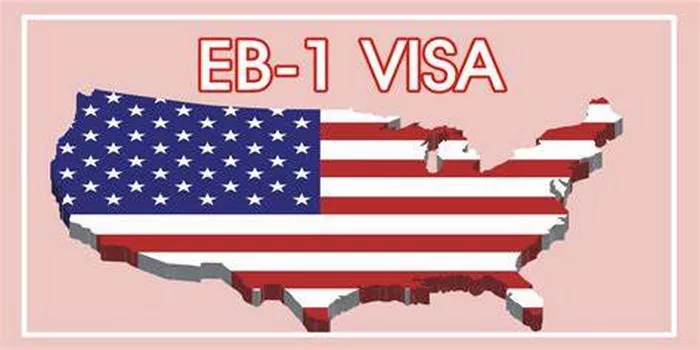The EB-1 category, also known as Employment-Based Immigration: First Preference, is a coveted pathway for individuals seeking to obtain lawful permanent residence (commonly known as a green card) in the United States. Reserved for individuals with extraordinary abilities, outstanding professors and researchers, and multinational executives or managers, the EB-1 category offers a streamlined process for obtaining permanent residency without the need for a permanent job offer or labor certification. In this article, we delve into the nuances of EB-1 eligibility criteria, providing insights into who qualifies for this prestigious immigration option.
Understanding the Three Subcategories of EB-1
Before delving into specific eligibility requirements, it’s crucial to understand the three distinct subcategories within the EB-1 category:
- EB-1A: Extraordinary Ability
- EB-1B: Outstanding Professors and Researchers
- EB-1C: Multinational Managers and Executives
Each subcategory has its own set of eligibility criteria, tailored to recognize and accommodate individuals with unique skill sets and professional achievements.
SEE ALSO: US ALLEGEDLY REVOKES VISAS OF GEORGIAN DREAM PARTY MEMBERS OVER FOREIGN AGENT LAW
EB-1A: Extraordinary Ability
The EB-1A subcategory is designed for individuals who possess extraordinary ability in their field, whether it be the sciences, arts, education, business, or athletics. To qualify for EB-1A classification, applicants must meet specific criteria demonstrating their extraordinary ability. These criteria include:
Sustained National or International Acclaim: Applicants must provide evidence of sustained national or international acclaim in their field of endeavor. This can be demonstrated through awards, memberships in prestigious organizations, or media recognition.
Evidence of Extraordinary Ability: Applicants must provide evidence of their extraordinary ability through documentation such as published material about their work, participation as a judge of the work of others, original contributions of major significance, or authorship of scholarly articles.
Intent to Continue Work in the Field: Applicants must demonstrate their intent to continue working in their field of extraordinary ability while in the United States.
It’s important to note that meeting the criteria for EB-1A classification requires substantial evidence of extraordinary ability, and applicants should meticulously gather documentation to support their petition.
EB-1B: Outstanding Professors and Researchers
The EB-1B subcategory is tailored for outstanding professors and researchers who are recognized internationally for their achievements. To qualify for EB-1B classification, applicants must meet the following criteria:
International Recognition: Applicants must have international recognition for their outstanding achievements in a particular academic field.
Minimum Years of Experience: Applicants must have at least three years of experience in teaching or research in their academic field.
Job Offer Requirement: Unlike the EB-1A category, applicants in the EB-1B category require a job offer from a U.S. employer for a tenured or tenure-track teaching position or a permanent research position.
Applicants must provide evidence of their outstanding achievements, such as awards, publications, and letters of recommendation from experts in their field.
EB-1C: Multinational Managers and Executives
The EB-1C subcategory is tailored for multinational executives and managers who are transferring to the United States to continue working for the same employer, or a subsidiary or affiliate of the same employer, in a managerial or executive capacity. To qualify for EB-1C classification, applicants must meet the following criteria:
Employment with a Qualifying Organization: Applicants must have been employed outside the United States for at least one of the three years preceding the petition by a qualifying organization, and must be seeking to enter the United States to continue service to that organization or a subsidiary or affiliate.
Managerial or Executive Capacity: Applicants must have been employed in a managerial or executive capacity.
Continuing Employment: The petitioning employer must intend to employ the applicant in a managerial or executive capacity.
Applicants must provide evidence of their role within the organization, including organizational charts, job descriptions, and evidence of their managerial or executive duties.
Conclusion
The EB-1 category offers a pathway to lawful permanent residence in the United States for individuals with extraordinary abilities, outstanding professors and researchers, and multinational executives and managers. By understanding the specific eligibility criteria for each subcategory within the EB-1 category, individuals can assess their qualifications and pursue the appropriate immigration option. Whether demonstrating extraordinary ability, outstanding academic achievements, or managerial expertise, the EB-1 category provides a streamlined pathway for skilled individuals to contribute to the United States’ diverse and dynamic workforce.


